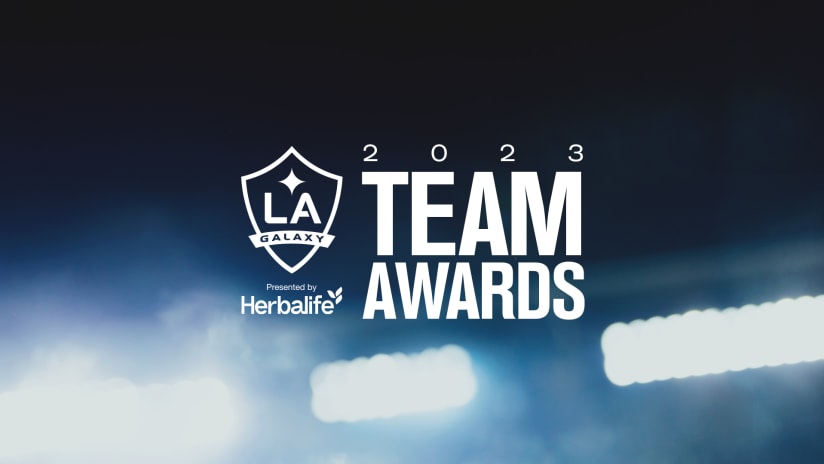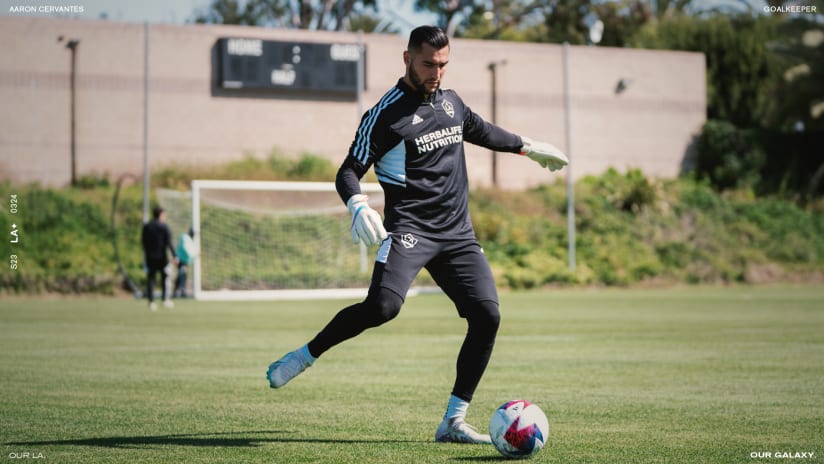In professional soccer, and many other professional sports, there has been a recent boom in the use of sports science strategies in order to monitor performance and recovery to gain an advantage over your opponents.
There are many different innovative technologies on the market; so, it can be difficult to decide which methods are most relevant to elicit a performance benefit in soccer.
The Sports Science and Medical department must conduct a cost-benefit analysis before implementing any new method as part of their monitoring system.
To monitor games, we use match analysis data, which informs us of the distances players cover; this includes total distance, high intensity running, and sprints.
This program also provides the coaches with technical information on each player, such as their number of touches on the ball, pass completion, shot creation, as well as balls won and lost.
To monitor training load we use STAT Sports, a GPS Accelerometer which assesses the intensity and load of training sessions. This system provides a greater insight into not only distances covered, but also regarding speed zones, accelerations, decelerations, and impacts per session.
We also use Polar Heart Rate Monitors for the most intense training sessions to determine the stress placed on the cardiovascular system and to assess how aerobically “fit” a player is.
We incorporate the STAT Sports system with our injured athletes as part of our return to play protocol to determine when each player is ready to rejoin training.
Other methods we use to determine recovery include Omegawave analysis and a daily wellness questionnaire. The Omegawave system gives us an insight into a player’s recovery of the cardiovascular system, metabolic system, and central nervous system.
The most meaningful information we collect every day comes from speaking to our athletes and asking about their daily wellness scores for sleep, fatigue, and energy.
This basic questionnaire is utilized as an icebreaker to assess each athlete’s readiness to train and prompts more pertinent questions about why they may not be recovering effectively.
In terms of recovery, we feel that the data we collect is extremely helpful to aid the players in better understanding their bodies and ignite behavioral change.
This data is also used to finely tune each player’s nutrition and supplementation plan based on each individual’s performance demands and speed of recovery.
Other Sports Science methods we use to monitor our athletes performance include a weekly hydration test, monthly body composition tests, as well as blood tests to determine micronutrient deficiencies.
When dealing with elite athletes, the smallest of changes can have a huge impact on performance and provide your team with the upper hand.
Yours informed,
Alex Savva
Follow on Twitter for any questions: @alexsavva19





